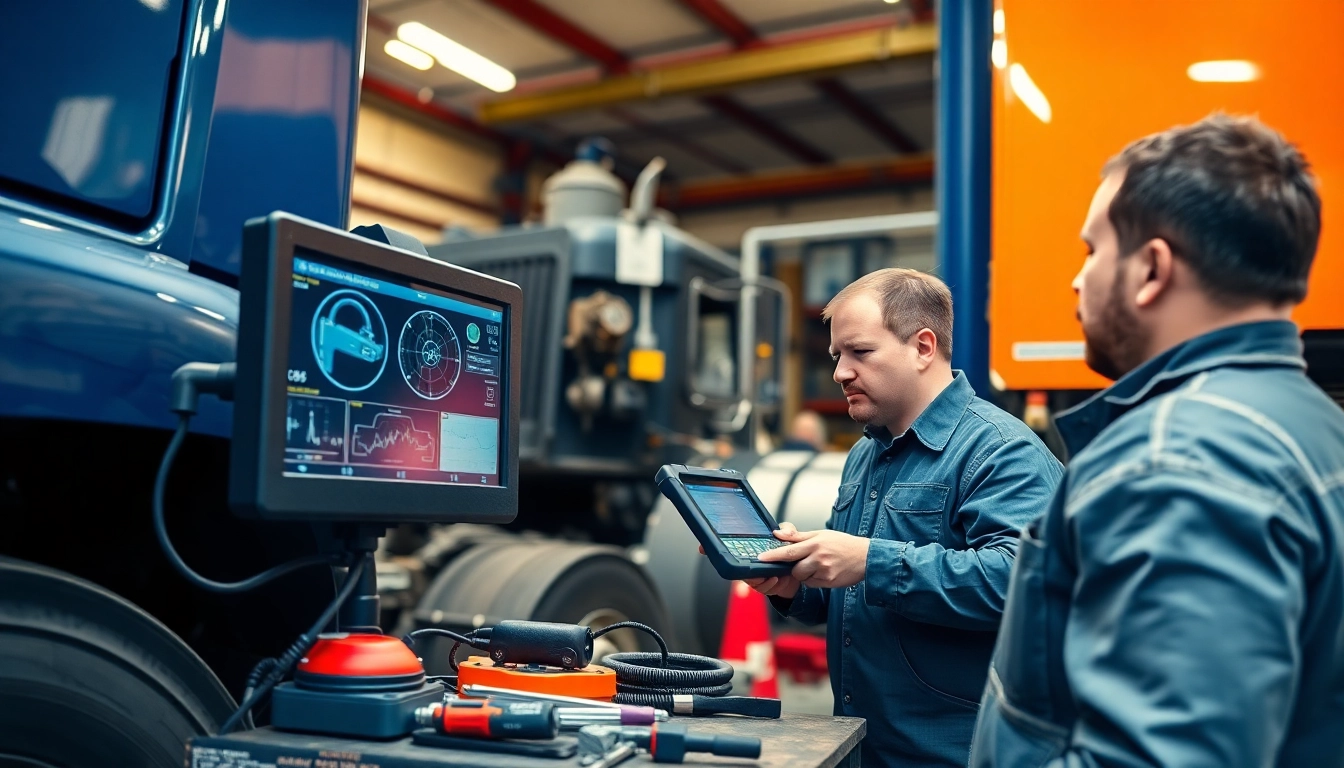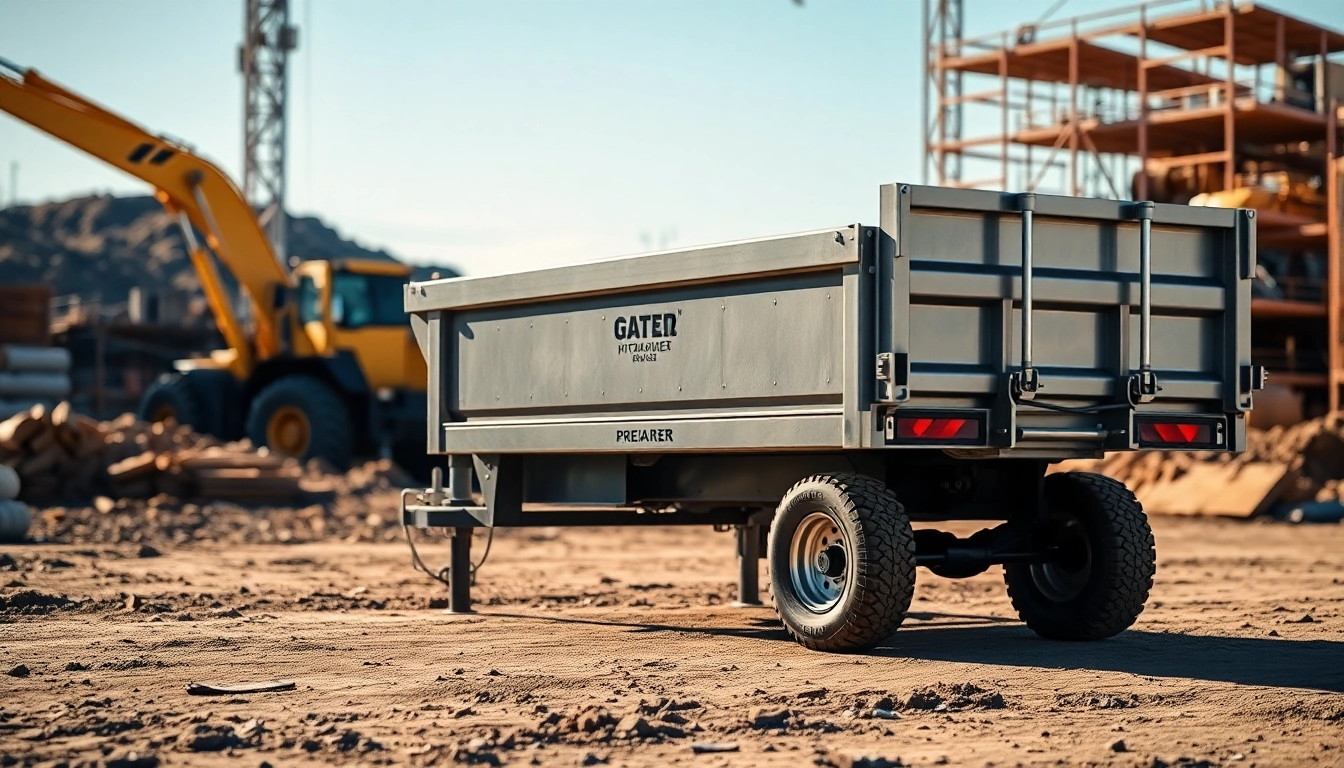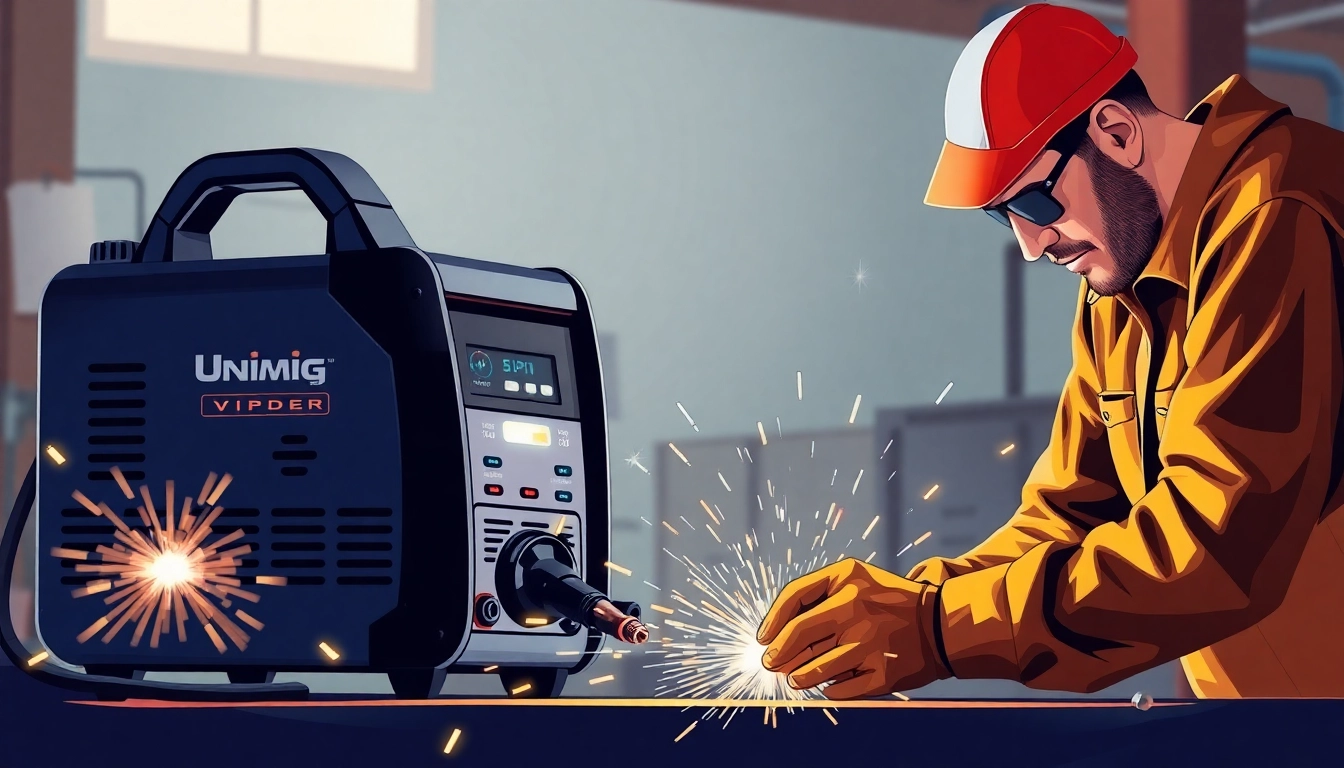Understanding Comprehensive Truck Diagnostic Services
Trucks are the backbone of many industries, providing essential transportation solutions across vast distances. With the challenges of heavy loads, rough roads, and varying weather conditions, keeping these vehicles in optimal condition is paramount. This is where comprehensive truck diagnostic and repair services play a crucial role. These services offer in-depth assessments and repairs tailored to meet the needs of heavy-duty trucks, ensuring peak performance and safety on the road.
What Are Truck Diagnostic Services?
Truck diagnostic services encompass a variety of examinations and assessments conducted to identify mechanical, electrical, and performance-related issues. These services utilize specialized tools and techniques to analyze a truck’s systems, including the engine, transmission, brakes, and electrical components. By conducting comprehensive diagnostics, mechanics can pinpoint issues before they escalate into more significant problems, leading to costly repairs and extended downtime.
Importance of Regular Diagnostics
Regular diagnostic services are essential for any truck owner or fleet manager. They provide numerous benefits, including:
- Proactive Maintenance: Identifying potential issues early helps prevent breakdowns and costly repairs.
- Increased Safety: Regular diagnostics ensure that critical systems such as brakes and steering are functioning correctly, enhancing overall safety.
- Operational Efficiency: Well-maintained trucks operate more efficiently, reducing fuel consumption and enhancing overall performance.
- Cost Savings: Regular checks and early fixes can lead to significant cost savings over time by avoiding major repairs.
Common Diagnostic Tools and Techniques
The trucking industry employs a range of diagnostic tools to ensure thorough assessments. Some of the most common include:
- OBD-II Scanners: These devices interface with a truck’s onboard diagnostics system to read error codes and provide insights into various vehicle performance metrics.
- Multimeters: Used for electrical diagnostics, multimeters help in checking voltage, current, and resistance in various electrical components.
- Pressure Gauges: These tools measure fluid pressures, such as oil or fuel, ensuring that various systems are operating within normal parameters.
- Vibration Analyzers: These are used to diagnose issues related to the drivetrain or suspension by measuring vibrations in components.
Key Repair Services in Truck Maintenance
Comprehensive truck diagnostics lead to various necessary repair services that keep fleets running smoothly. Key repair areas include:
Engine Repairs and Overhauls
Engine issues are among the most common problems faced by truck owners. Comprehensive diagnostics can alert mechanics to issues such as low compression, excessive oil consumption, or engine misfires. Repairs may range from minor adjustments and part replacements to complete engine overhauls, depending on the severity of the damage. Routine checks and timely interventions can significantly extend the life of the engine and improve fuel efficiency.
Brake Systems Troubleshooting
The brake system is critical for vehicle safety, particularly for heavy-duty trucks that can weigh significantly more than standard vehicles. Diagnostic services focus on assessing brake pads, discs, hydraulic systems, and sensors to ensure everything is functioning correctly. Common issues include worn brake pads, fluid leaks, or malfunctioning ABS systems. Early detection and repair of brake system issues not only enhance safety but also comply with road regulations.
Electrical System Diagnostics
As trucks become increasingly reliant on electronic systems for operations such as navigation, safety, and performance monitoring, electrical diagnostics have become essential. Common issues might include faulty wiring, dead batteries, or malfunctioning sensors. Comprehensive electrical diagnostics involve using specialized equipment to test all components, ensuring that every part of the electrical system is in proper working order. A well-functioning electrical system is vital for optimizing performance and safety.
Benefits of Professional Truck Repair Services
Utilizing professional truck repair services offers several advantages that can greatly impact operational efficiency and safety:
Minimizing Downtime and Costs
Professional services diagnose and resolve issues quickly, minimizing downtime that can affect revenue. With expert mechanics on the job, repairs are conducted efficiently, ensuring trucks return to the road faster. This rapid response not only keeps operations moving but also reduces the costs associated with idle equipment.
Enhancing Safety and Reliability
A well-maintained truck is a safe truck. Regular diagnostics and timely repairs ensure that vehicles are not only compliant with safety regulations but also reliable under various operating conditions. This reliability builds trust with customers and contributes to a company’s reputation in the industry.
Building Long-term Maintenance Relationships
Establishing a relationship with a reliable diagnostic and repair service lays the foundation for consistent maintenance. This partnership results in a deeper understanding of a fleet’s specific needs, optimizing service intervals and repair processes. It also leads to better pricing and service offerings based on historical data and trust built over time.
Choosing the Right Truck Diagnostics and Repair Provider
Selecting a quality diagnostic and repair provider is crucial for optimal fleet performance. Here are some considerations to keep in mind:
Criteria for Selecting a Diagnostic Service
When evaluating diagnostic services, consider the following criteria:
- Certification and Expertise: Ensure the technicians are certified and experienced in heavy-duty truck repairs.
- Technology and Tools: Verify that the shop uses modern diagnostic equipment for accurate assessments.
- Range of Services: Look for a provider that offers comprehensive services, not just diagnostics, to facilitate all repair needs.
- Customer Support: A good provider offers excellent customer service, including clear communication and assistance post-service.
Questions to Ask Potential Service Providers
Engaging potential service providers in conversation can uncover valuable information. Consider asking:
- What specific diagnostic tools do you use?
- Can you provide case studies or references from other companies?
- What warranties or guarantees do you offer on services and parts?
- How do you handle emergency repairs or service calls?
Leveraging Customer Reviews and Testimonials
One of the best ways to gauge the quality of a diagnostic and repair service is through customer feedback. Look for online reviews, testimonials, and ratings from previous customers. These insights can reveal patterns related to service quality, reliability, and overall satisfaction.
Future Trends in Truck Diagnostics and Repair
The trucking industry is constantly evolving, driven by advancements in technology and changes in regulations. Here are some key trends to watch for in truck diagnostics and repair:
The Role of Technology in Truck Maintenance
Technological advancements have revolutionized truck diagnostics and repair. The integration of IoT devices in trucks allows for real-time monitoring of vehicle health, sending alerts when issues arise. Advanced software solutions can predict component failures and suggest maintenance schedules based on usage data, enhancing operational efficiency.
Emerging Trends in Fleet Management
As fleet management becomes more data-driven, companies are adopting telematics systems to track vehicle performance and driver behavior. This shift leads to better maintenance planning, improved safety measures, and reduced operational costs.
Preparing for Regulatory Changes in Trucking
With increasing regulations surrounding emissions and safety standards, truck diagnostic services must adapt to comply. Providers will need to stay informed on regulations to offer services that meet legal requirements. This might include upgraded diagnostics for emissions systems or specialized training for technicians on compliance measures.
In conclusion, comprehensive truck diagnostic and repair services are essential for maintaining the reliability and efficiency of truck fleets. By understanding the importance of regular diagnostics, engaging professional services, and keeping up with industry trends, fleet managers can ensure their operations run smoothly and securely.



